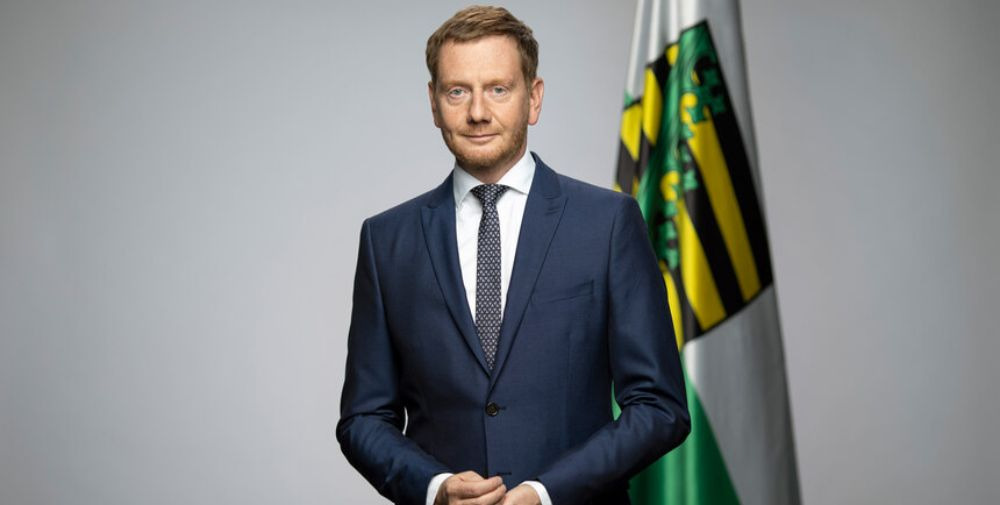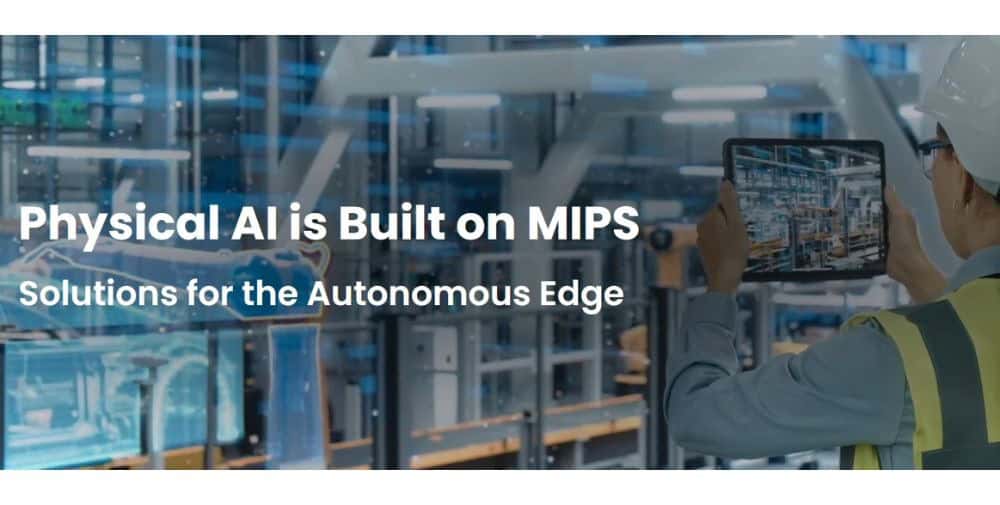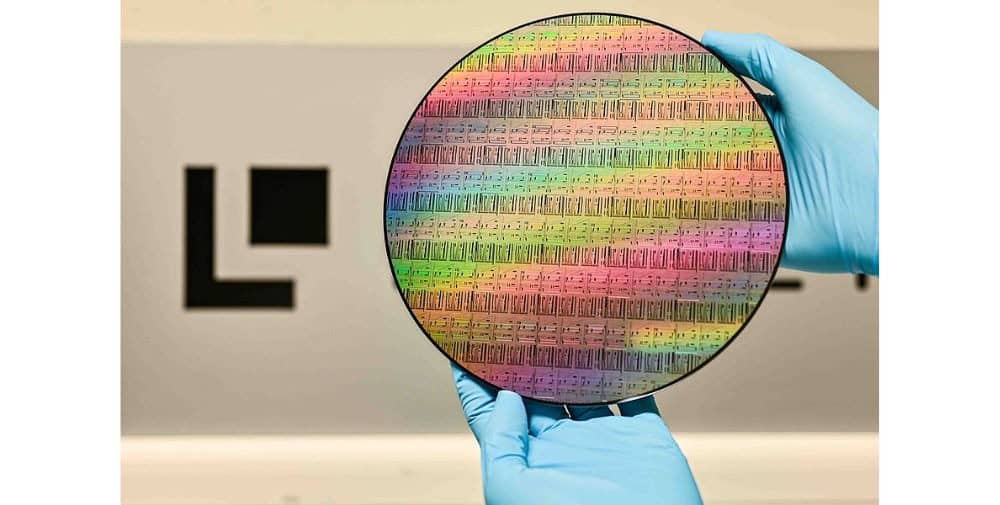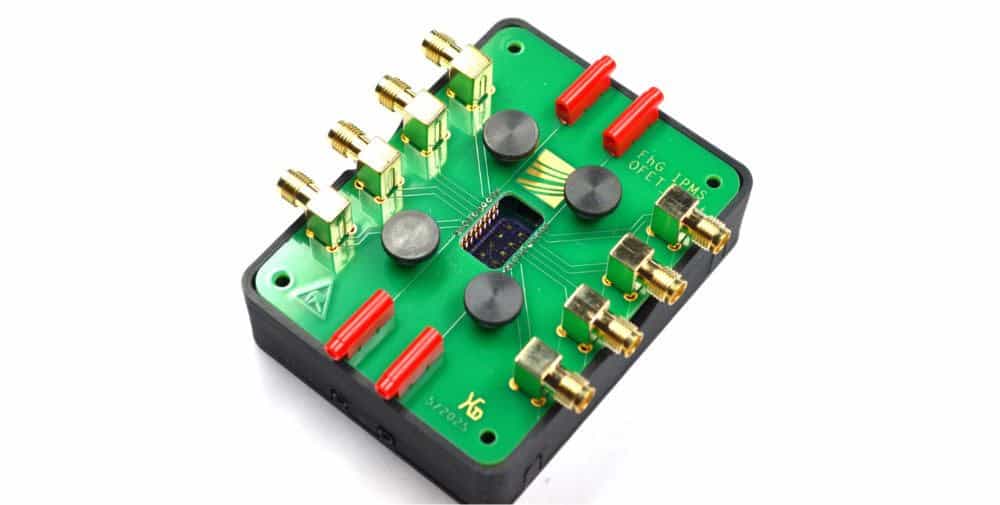You have pushed the foundation of ESRA with vigor. What do you hope this alliance will achieve for Saxony?
Michael Kretschmer:The establishment of the Microelectronics Alliance is an important milestone for the entire European Union and its future. For each segment of the global semiconductor value chain, it takes on average more than 20 countries involved in the direct supply chain and working closely together. With ESRA, we are opening up new ways for regions to collaborate, research and innovate. This strengthens Europe’s economic and digital sovereignty. The alliance will decisively help to make Europe competitive in this key industry in the coming years.
What does Saxony need to do to optimally implement the planned settlements and expansions – key words: strategy, education and training, skilled workers, infrastructure, etc.
Michael Kretschmer:For the successful implementation of the settlements, we can build on our experience with previous major projects. The administration knows what needs to be done. We are not starting from scratch. One thing is clear: Such major projects always require adjustments to the infrastructure – from the energy supply to water and wastewater to the transport infrastructure. In addition, various other aspects such as housing, training, school and daycare places must also be taken into consideration.
It is very important to me that the interaction between the various players works well. The state government’s representative for large-scale settlements with the staff unit based in the Saxon State Chancellery also plays a decisive role in this. In order for all the cogs to mesh, close coordination and cooperation is required both at the state level and with the municipalities.
What do you wish from Europe and the federal government in order to be able to continue the positive development of the last two years?
Michael Kretschmer: Saxony is very grateful to Europe and the federal government for their support so far. At the same time, we are proud that we, as a Free State, are playing a very concrete role in achieving important national and European goals, for example in industrial and climate policy. Because we need this greater independence and our own strength so that our economy can run stably, so that Germany and Europe can keep up the pace.
In order for us to make good progress overall, we need, among other things, comprehensive training and qualification opportunities and a reliable energy supply. For many things, we as a free state are dependent on support from the federal government and the EU. It is therefore important that we continue to write the success story together and work together to ensure good framework conditions.
__________________________________________________________________________________________________________________________________
This article was first published as part of our NEXT magazine “In Focus: Microelectronics.”
👉 Go to the complete issue of the magazine



